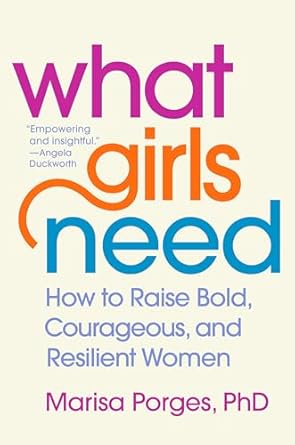For even the Son of Man did not come to be served, but to serve, and to give His life as a ransom for many
– Mark 10:45
Why is empathy so critical to our girls’ future success?
This is a question posed by Marisa Porges in her book What girls need: how to raise bold, courageous and resilient women.¹
A question such as this is often answered with more questions. Do we see empathy as a strength? Is it mistakenly linked with passivity? Is there such a thing as being too empathetic?
When reflecting on the importance of empathy as a key competency for character development, I often return to Porges’ thoughts. She celebrates empathy as an essential skill which assists in breaking down barriers and viewing situations from multiple perspectives. She credits this mindset as allowing for authentic connections with people and the discovery of new ideas.
Empathy is at the heart of much of what we do at Meriden. Recently I was moved by the reflections of our Service Learning Club students on their experiences at Marian Court. My favourite quote from a Year 10 student was, “It was important to just be able to sit, listen and engage in meaningful conversation – this was the act of service, not the ICT help.”
A vital truth experience like this not only helps our students to support others and understand their unique needs, but also changes the students in the process. Empathy is a lifelong tool for developing habits that care for those people in our community.
This competency is equally important in shaping our student leaders. While Year 9 students have not yet stepped into formal leadership roles, the year-long Service Learning Pastoral Program builds a strong foundation for servant-hearted leadership. Students are encouraged to be genuinely curious about the needs of those around them. Porges supports this kind of school-based service, noting that it helps young people to grow comfortable in considering others’ perspectives, “practised at seeing others’ points of view” and responsive with “empathetic accuracy”.¹ Experiences beyond students’ immediate world also nurture a sense of emotional connection and civic responsibility.
I would like to acknowledge the dedication and commitment of the Year 9 Pastoral Care team, led so capably by Ms Amy Wilson (Year 9 Coordinator), and thank Mr Brendan O’Keeffe (Acting Coordinator of Learning Link – Service Learning) and Mrs Sharna Kershaw (Acting Dean of Community Learning) for their tireless efforts in this important work.

1. Porges, M. (2020). What girls need: how to raise bold, courageous, and resilient women. Viking.
